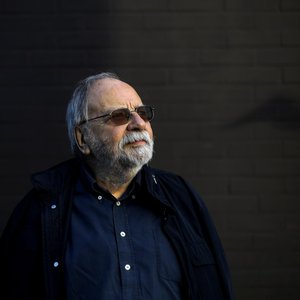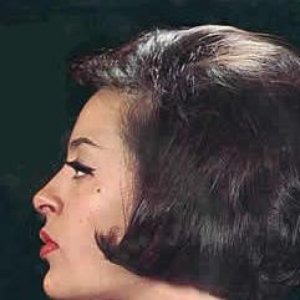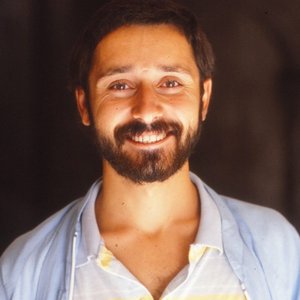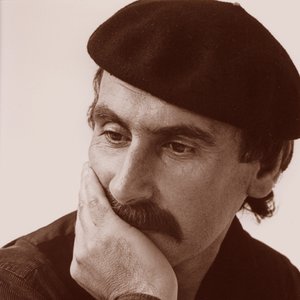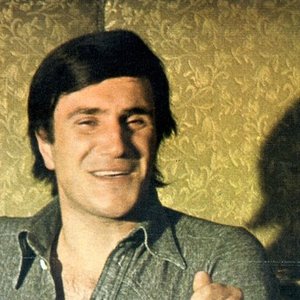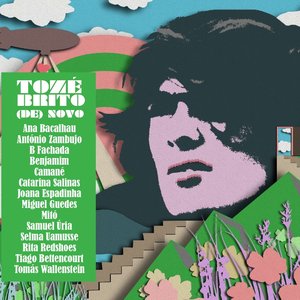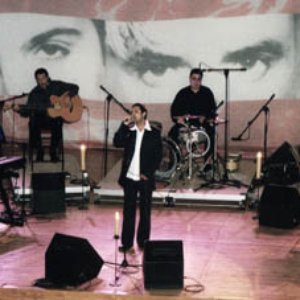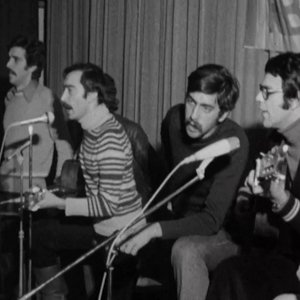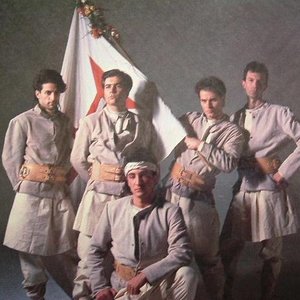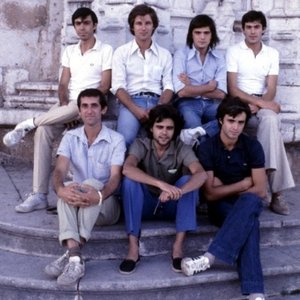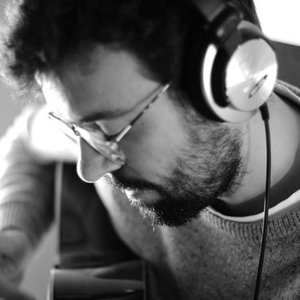Biography
-
Born
15 May 1947 (age 78)
Manuel Paulo de Carvalho Costa (born May 15, 1947, in Lisbon, Portugal) is a Portuguese singer, songwriter, and musician, best known for his significant role in Portuguese popular music and his contribution to the Revolução dos Cravos (Carnation Revolution) through his Eurovision entry "E Depois do Adeus."
Paulo de Carvalho began his music career in the 1960s as part of the band Os Sheiks, often referred to as the "Portuguese Beatles" for their influence on the Portuguese rock and roll scene. The band dissolved in 1968 when de Carvalho was called to serve in the Portuguese army during the ongoing colonial wars.
Upon his return from military service, de Carvalho joined various music projects, including Fluido and Thilo’s Combo, before deciding to pursue a solo career. His voice and composition skills quickly made him a notable figure in the Portuguese music industry.
Eurovision Song Contest and Political Influence
In 1974, Paulo de Carvalho represented Portugal at the Eurovision Song Contest with the song "E Depois do Adeus." Although the song did not fare well in the competition, finishing 14th, it gained historical significance in Portugal. On April 25, 1974, the song was used as one of the two signals to trigger the Carnation Revolution, a peaceful military coup that ended the Estado Novo dictatorship and initiated a democratic transition in Portugal. "E Depois do Adeus" is forever linked with this pivotal moment in Portuguese history.
De Carvalho returned to Eurovision in 1977, this time as part of the group Os Amigos. They performed the song "Portugal no Coração," which earned them 14th place. In the same year, de Carvalho competed at the Festival OTI de la Canción, an iberianamerican singing competition held in Madrid, representing Portugal with his song "Amor sem Palavras" once again.
Throughout his career, Paulo de Carvalho has explored various music styles, blending traditional Portuguese music with modern influences, such as jazz and pop. Some of his most acclaimed albums include Desculpem Qualquer Coisinha (1975) and Gostava de Vos Ver Aqui (1986). He is also known for writing numerous songs that became popular hits in the 1980s and 1990s, particularly his heartfelt ballads.
Paulo de Carvalho continues to be active in the Portuguese music scene. In 2022, he released the album Vida (Songs of My Life), a collection of reinterpreted versions of his most iconic songs, reflecting on his five decades in music. The album also features collaborations with younger artists, bridging the gap between generations of Portuguese music. In recent years, he has also taken part in several tribute concerts, celebrating his enduring legacy.
De Carvalho remains a revered figure in Portugal, not only for his musical achievements but also for his connection to the country's most significant historical event of the 20th century. He frequently appears on Portuguese television and radio programs, contributing to cultural discussions and continuing to perform live for audiences across the country.
Artist descriptions on Last.fm are editable by everyone. Feel free to contribute!
All user-contributed text on this page is available under the Creative Commons Attribution-ShareAlike License; additional terms may apply.
